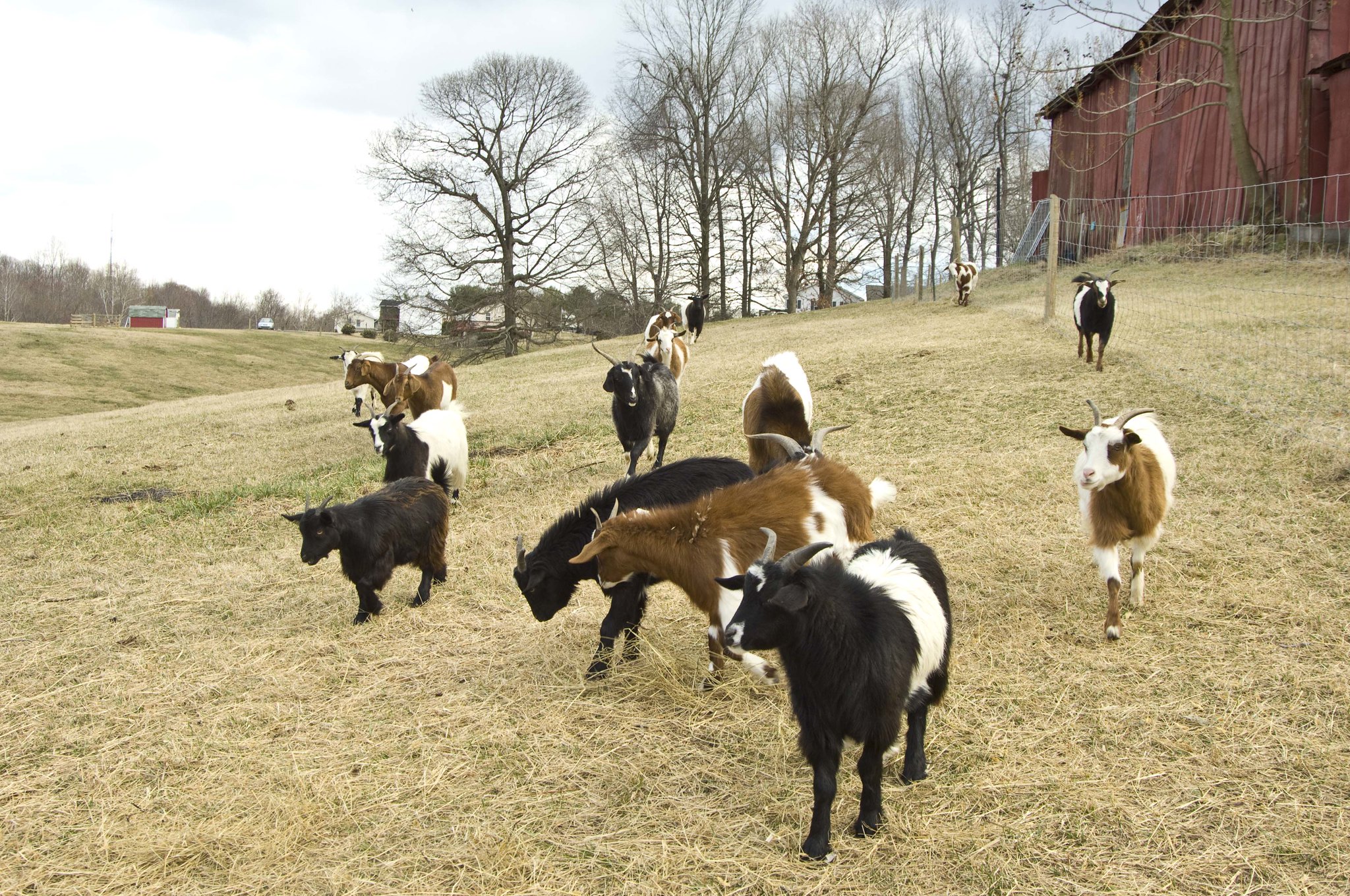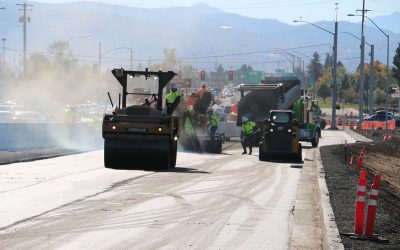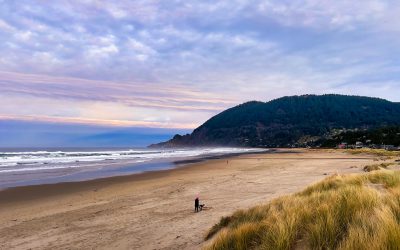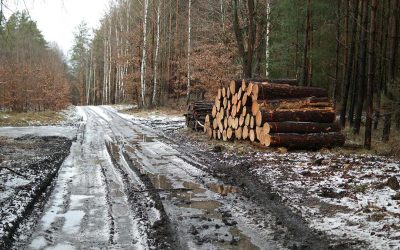In Oregon, the landscape of small-scale farming is undergoing a seismic shift due to recent regulatory changes affecting water rights and farm operations. These changes are casting a shadow over the future of family farms and local agriculture, invoking a series of legal challenges and widespread concern among the farming community.
At the core of the upheaval are two contentious issues: the expanded definition of Concentrated Animal Feeding Operations (CAFOs) and stringent water usage restrictions. These regulations have placed an undue burden on small farmers, many of whom are now facing the threat of closure due to what they view as overreaching government intervention.
The reclassification of small homesteads as CAFOs, based on broad criteria including the presence of rock or gravel pathways, has ensnared numerous family-run operations under a regulatory umbrella typically reserved for much larger, industrial-scale farms. This shift has not only surprised many in the farming community but also spurred legal action. A lawsuit filed earlier this year on behalf of these small-scale operations argues that the definition of a CAFO is overly broad and unfairly targets those who are least able to bear the regulatory and financial burdens imposed by such a classification. Critics, including those from Yanasa TV and the National Review, highlight how these definitions and the aggressive enforcement tactics—like the use of satellite technology to issue cease-and-desist orders—represent a misguided approach to environmental protection that disproportionately impacts small farmers.
"The state of Oregon has effectively shut down small farms and market gardens on a large scale, and they're actually sending out cease-and-desist letters to farms and they're using satellite technology to find their victims and send them these letters that say you can't operate," the rancher in the video from Yanasa TV below explains.
Adding to the distress is Oregon's approach to water rights. In an effort touted as groundwater protection, the state has implemented rules that restrict the use of water for irrigation, considering all groundwater, even on private property, a public resource. This has left many farmers, such as Christina del Campo of Oak Song Farm, in a precarious position. Del Campo's story exemplifies the struggle faced by many: after years of relying on well water for her crops, she was informed that she could no longer irrigate her commercial crops without a water right. This sudden enforcement has devastated her primary source of income and left her questioning the future of her farm.
Do you love Oregon?
Sign up for monthly emails full of local travel inspiration and fun trip ideas. In each newsletter we'll share upcoming events, new things to do, hot dining spots and great travel ideas.
The impact of these regulatory changes is profound, affecting not only the viability of small farms but also the communities they serve. Farmers like del Campo, who once provided fresh, locally-grown produce to their neighbors and local markets, now face the possibility of having to abandon or drastically alter their operations. The legal and financial hurdles to comply with the new regulations, including the lengthy and costly process to secure water rights, are daunting for small-scale farmers.
The situation in Oregon has ignited a broader debate on the balance between environmental conservation efforts and the sustainability of small farms. Advocates for these farmers argue that the current regulatory approach lacks nuance and fails to consider the significant differences between small family farms and large agricultural operations. They call for reforms that would allow small farms to continue their operations without facing existential threats from regulations that they believe are unfairly applied.
As the legal battles unfold and the state contemplates further regulatory adjustments, the future of Oregon's small farms hangs in the balance. The outcome of these disputes may well set precedents that affect agricultural practices and water rights across the United States, underscoring the critical nature of the fight for the rights of small farmers to sustain their livelihoods and continue feeding their communities.













